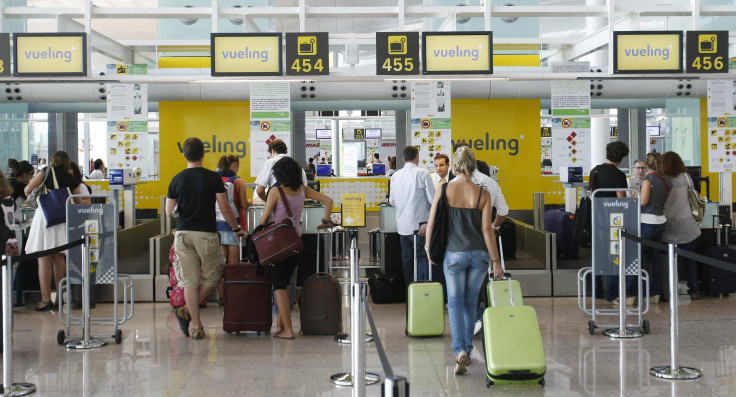Germanwings, Metrojet Incidents Aside, 2015 An 'Extraordinarily Safe Year' For Airlines, IATA Says

The year 2015 was one of the safest for airlines with the number of fatalities falling well below the five-year average, the International Air Transport Association (IATA) said in its annual safety report Monday. The airline industry body, however, said it came to the conclusion after excluding losses involving the planes operated by German carrier Germanwings and Russia's Metrojet.
There were four fatal accidents last year, down from 12 accidents in 2014, making 2015 "an extraordinarily safe year," IATA said in a statement issued ahead of the Singapore Air show, Asia's biggest aviation trade fair. The accidents resulted in the deaths of 136 people, down from 641 in 2014, according to IATA, which tracks and represents about 260 airlines or 83 percent of the world's total air traffic.
.@IATA Tony Tyler: Continuous improvements in aviation safety with 30% decrease in accident rate. https://t.co/j8kUpfrEwC #SAALS
— SGAirshowALS (@SGAirshowALS) February 15, 2016
A total of 374 travelers and flight crew, who died from the crash of Germanwings 9525 in March caused by a suicidal pilot and Russia’s Metrojet 9268 in October due to a suspected terrorist attack, have been excluded because they are classified as deliberate acts of unlawful interference, the group said.
“We were all shocked and horrified by two deliberate acts,” Tony Tyler, IATA’s chief executive officer, said in the statement, adding: “While there are no easy solutions to the mental health and security issues that were exposed in these tragedies, aviation continues to work to minimize the risk that such events will happen again.”
For 2015, the total number of deaths would rise to 510 if those killed in the two incidents are included, IATA said. It would still be less than 641 in 2014, though slightly higher than the five-year average of 504.
Tyler, who is set to step down in June after five years as the head of the global aviation industry body, reportedly said Sunday that airlines in Southeast Asia may have to push back deliveries of planes after a decade of economic growth prompted them to order hundreds of jets. Carriers in the region are now confronted with challenges such as overcapacity and intense competition, he said.
© Copyright IBTimes 2024. All rights reserved.





















